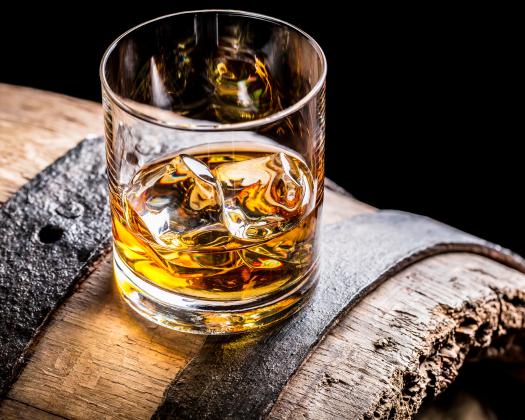Unveiling the Elixir of Time: Understanding the Lifespan of Whisky
Introduction:
Whisky, the amber nectar revered by connoisseurs, is meant to be savored, but what happens when the bottle is opened? Does whisky expire, and if so, when? In this exploration, we unravel the mysteries surrounding the expiration of whisky, delving into the impact of oxidation, the role of air, and the shelf life of both opened and sealed bottles.
Understanding Whisky Oxidation:
The key factor influencing the lifespan of an opened bottle of whisky is oxidation. When exposed to air, whisky undergoes chemical changes that can alter its taste and aroma. The ethanol content evaporates, and subtle nuances in flavor may be lost over time. Rich and peated scotch whiskies, in particular, can experience a reduction in intensity when left open for an extended period.
Timeline of Drinkability:
The drinkability of an opened bottle is closely tied to its volume. If a bottle is at least half-full, the whisky generally remains enjoyable for one to two years. However, as the liquid level decreases, the risk of oxidation increases. Bottles with a quarter or less of whisky left may start to lose their character within six months.
Preserving the Elixir:
For those aiming to preserve a precious bottle for the long haul, decanting is a practical solution. Transferring whisky from an open bottle to smaller containers reduces its exposure to air, extending its freshness. This method is particularly useful for high-end or rare whiskies that enthusiasts wish to conserve over an extended period.
Shelf Life of Sealed Bottles:
In contrast, sealed whisky bottles, when stored correctly, boast an almost indefinite shelf life. Proper storage conditions, such as maintaining a consistent temperature and avoiding exposure to direct sunlight, ensure that unopened bottles can be enjoyed even after years in storage.
Drinking Aged Whisky:
If you've stumbled upon an old, unopened bottle, fear not. Unlike wine, whisky doesn't mature in the bottle. Its aging process occurs during the time spent in barrels. So, the notion that older bottled whisky is inherently better doesn't hold true. It's the aging in casks that imparts richness to the flavor profile.
Conclusion:
In the realm of whisky, time plays a dual role. An opened bottle evolves with time, influenced by oxidation and air exposure, making it imperative to monitor its drinkability. Sealed bottles, however, stand resilient against the hands of time, offering the luxury of enjoying a well-preserved dram whenever the occasion arises.
Ultimately, the expiration of whisky is a nuanced interplay between science and art, and understanding it allows enthusiasts to savor each sip with a deeper appreciation for the elixir's journey through time. So, whether indulging in a half-full bottle or uncorking a sealed treasure, the essence of whisky lies in the tales it tells, both in flavor and history. Cheers to the timeless allure of this liquid gold!









